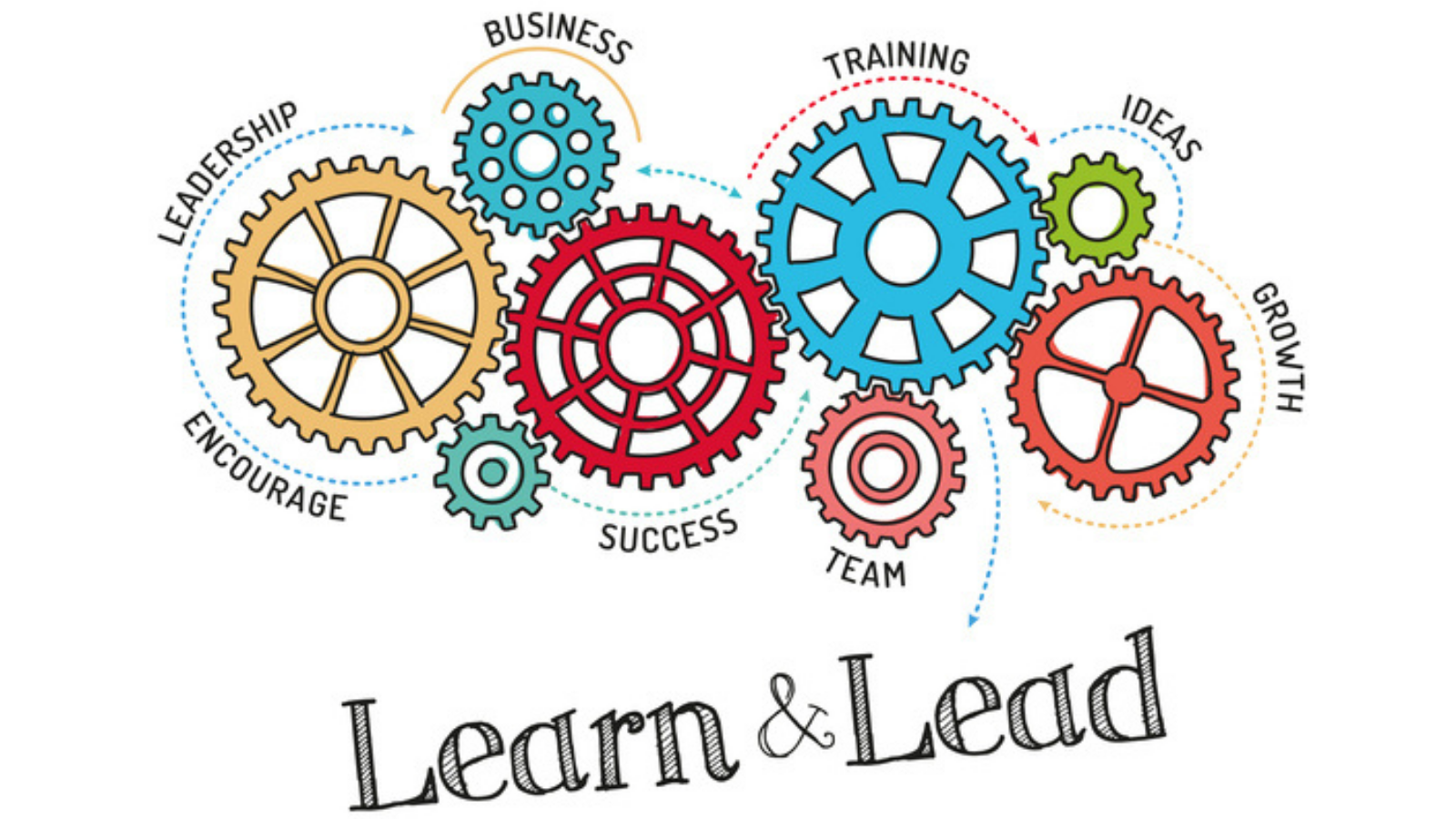
As silly as it sounds, I’ve worked off and on to develop a leadership theory of everything.
I am in agreement that this cannot be done. Perhaps even a valiant attempt falls far short, but I find it a helpful exercise in humility and human limitation as we lead from an orientation that must formulate responses to being responsible for everything - even when we are not.
Much of this was written more than ten years ago, long before the current moments that trouble us. Now, more than ever, College Presidents, County Commissioners, Mayors, Company Presidents, Clergy, School Principals, and so many more leaders are faced with being excoriated no matter what they they do or what they say. Each new societal impulse places them in the crosshairs, expected to have the right response that solves everything and pleases everyone.
___________________________
In leading a large organization, holding a statewide or federal elected office, or even serving as a spiritual leader of a faith community, a leader is subjected to expectations that they have something intelligent to say about everything, that they must lead their way perfectly through anything without fail, and that they will lessen everyone’s sufferings immediately. When those expectations are not met (which is guaranteed), the leader is ever more quickly subjected to derision. The leader has an impossible task lived out in front of others who expect them to do what no one can. I wonder: can a leader at least have a theory of how to approach this seemingly futile and normal circumstance? From the current lack of quality in public discourse and the constant demagoguery from our elected officials, it would seem that a good number chose a theory of blaming others for their mistakes and taking credit for the success of others.
A few insights emerged for me as I worked at this. They are of special importance for Third-Turn leaders.
- The leader must know where their competency begins and ends and how it connects to the competencies of others. The leader needs to make this connection quickly, without begrudging a spotlight shining on someone else. The spotlight is a fickle mistress, anyway.
- The leader must foster awareness that even where they are competent, there is much that they know they don’t know, and an infinite amount that they don’t even know they don’t know. Consistently admitting this fosters desirable qualities and habits— humility, an ability to say mea culpa, and continuous learning.
- Well-led, nimble, and up-to-date leadership teams are more desirable and effective than a lone figurehead pretending to be competent when clearly not. Let the figurehead use charismatic gifts to foster good communication and deep relations among the leadership team rather than expecting colleagues and followers to stop thinking and to follow blindly. For more evidence on this, listen to this Freakanomics podcast episode on productivity.
- Complexity is the norm. Thus, the importance of habitual multi-scenario planning cannot be overstated. Coupled with this is the insight that higher-level decision making tends to be complex and uncertain, which raises the importance of decisions needing to be decisive, yet flexible.
- High-level decisions have a great potential for simultaneous benefit and harm, and on a greater scale than the lower. There is no escaping these parallel dynamics, so it is wise for the leader to understand and embrace it.
This list is a starting point. I expect other leaders with experience of being sacrificed on the altar of misplaced hatred will be able to add to it. One cannot stop being a servant-hearted and systems aware leader just because a few choose not to participate.
______________
During our recent workshop on multi-scenario planning in the Virtual Leadership Summit it was noted that crises and the need to act with urgency, can intensify the same power dynamics and reactionary, unthinking responses that operate in the larger culture. In turn, this magnifies responses to being unjustly treated or misunderstood. And so on. The question was asked whether there are specific resources on multi-scenario planning that include DEI awareness and training. We have conferred since and determined the best response is one we begin with as process consultants. “Tell me more….”
If you are a Third Turn Leader, I’d love to talk to you.

Post by
Mark L. Vincent
October 22, 2020
October 22, 2020
I walk alongside leaders, listening to understand their challenges, and helping them lead healthy organizations that flourish.
Comments